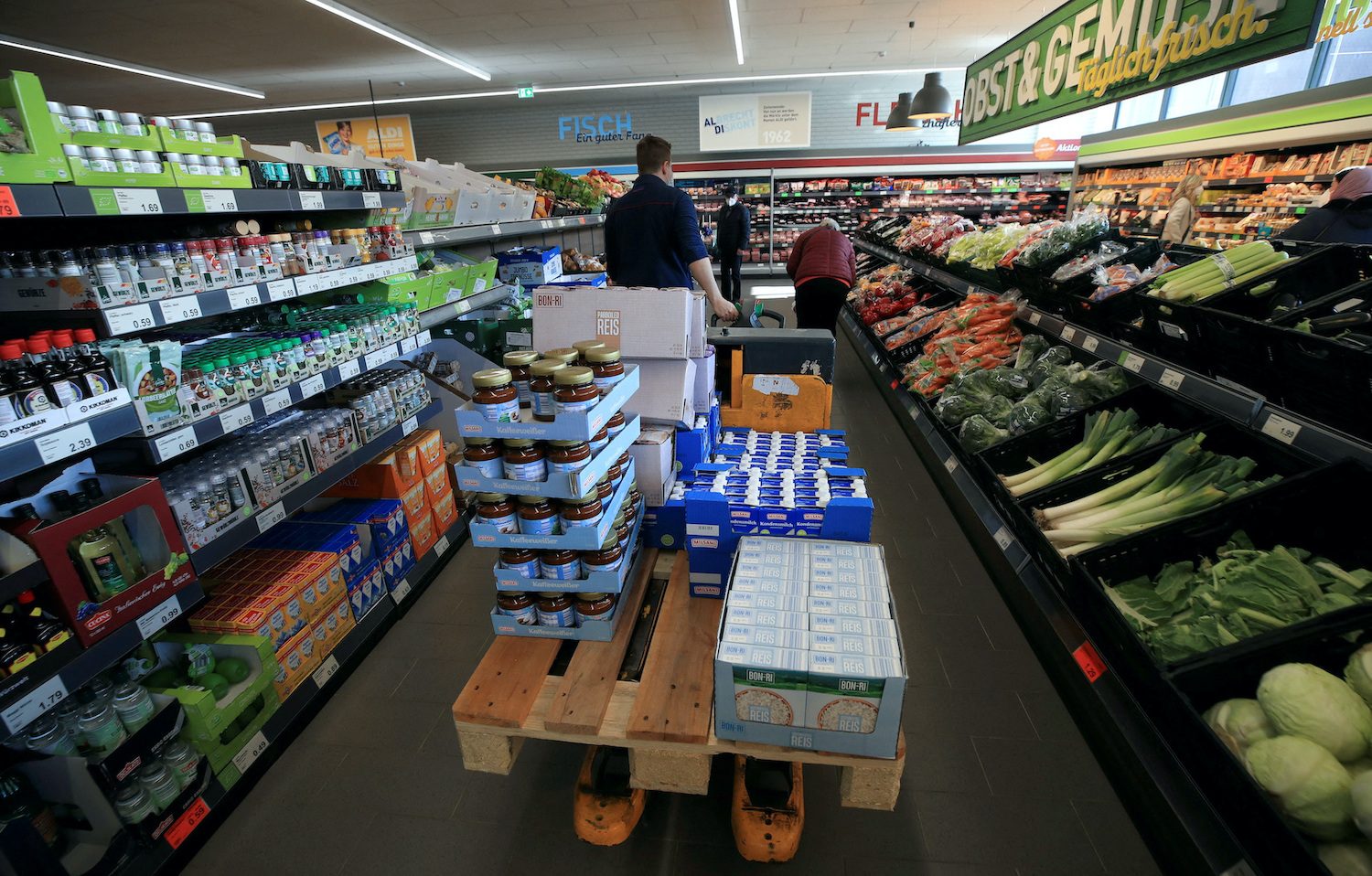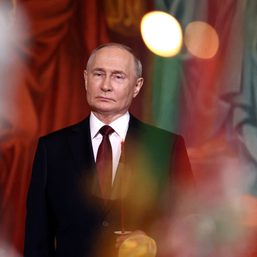SUMMARY
This is AI generated summarization, which may have errors. For context, always refer to the full article.

BERLIN, Germany – German inflation was at its highest in more than a quarter of a century in September, driven by high energy prices, data showed, as analysts warned that the energy crisis has yet to make itself fully felt.
Consumer prices, harmonized to make them comparable with inflation data from other European Union countries (HICP), increased by 10.9% on the year, the federal statistics office said. A Reuters poll of analysts predicted a rise of 10%.
That was the highest reading since comparable data going back to 1996.
The increase was due to higher costs for energy – which were 43.9% higher compared with September 2021 – after a popular cheap transport ticket offer and a fuel tax cut expired at the end of August.
That jump in energy costs was less than expected, said DWS bank’s Ulrike Kastens, which indicates that a large proportion of the price increases announced by utilities have not yet shown up. “But this is only a question of time,” added Kastens.
Dwindling gas supplies from Russia have pushed energy prices, and correspondingly inflation, to highs not seen in decades, with the massive loss in consumer purchasing power adding to the likelihood that a recession is on the way.

With an eye on inflation’s unrelenting rise, Hauck Aufhaeuser Lampe private bank’s Alexander Krueger summarized: “The ECB (European Central Bank) has no choice but to turn the interest rate screw quickly and vigorously.”
The ECB, which raised rates by a combined 125 basis points over its last two meetings, has promised further increases as food and energy prices filter into the rest of the economy and intensify underlying price pressures.
German consumers have begun changing their shopping behavior due to the jump in energy costs, according to a survey issued by the HDE trade association on Thursday, September 29, with 46% saying they had stopped buying certain products as a result and 60% increasingly taking advantage of offers when buying groceries. – Rappler.com
Add a comment
How does this make you feel?





There are no comments yet. Add your comment to start the conversation.